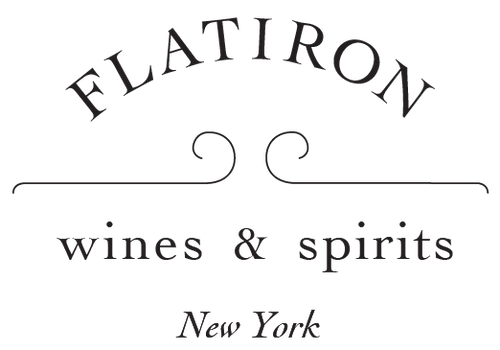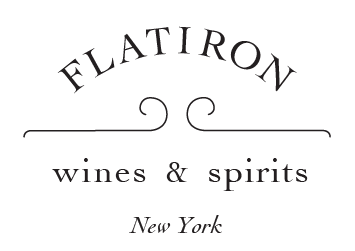It is only in recent times that Champagne Savart has begun to get a lot of buzz, since 2005, when Frédéric Savart took over the reins. As Alder eludes to in the quote above, this is a producer that deserves your attention. The great thing about Grower Champagnes is that we can talk about places. Today we are just south of Reims in the Montagne de Reims. The name of the village is Écueil. Most of the soils are sandy, and Pinot Noir prevails. Here and there you also find strains of chalky soils, and so Savart also grows a little Chardonnay. One village over is another place: Villiers-aux-Noeuds. Anyone who pays extra close attention to this newsletter will know that this village is home to the great Emmanuel Brochet, who works a fine site called Mont Benoît. It turns out that Savart also has holdings in Mont Benoît. It’s a little chalkier than Écueil, but still pretty friendly to Pinot Noir, which is what Savart grows there. In the cellar, Savart follows a non-interventionist recipe that includes stainless steel fermentation, aging in barrel, and a laissez-faire attitude towards malolactic fermentation. These are not fruit-forward Champagnes but wines of salinity, soil, and rock. That’s why those wine geeks are so excited!
Details
-
Grape Variety
-
Vintage
Champagne , 2020
-
Size
750ml
-
Farming Practice
Organic
-
Sweetness
Dry
-
Body
Light Bodied
Champagne
Champagne boasts some of the world’s greatest luxury brands with Krug, Cristal and, of course, Dom Perignon. But it’s also home to hundreds of small dynamic producers—farmers who grow their own grapes (often organically) and make (often with natural methods) tiny amounts of pure and absolutely delicious wine that reflect the individual personalities of their villages and terroirs. Toast with these wines, for sure. But also treat them like the great wines they are: taste, drink, explore!












![Bottle of Pierre Moncuit, Champagne Delos Brut Blanc de Blancs GC [2019], NV - Sparkling Wine - Flatiron Wines & Spirits - New York](http://nyc.flatiron-wines.com/cdn/shop/files/Pierre-Moncuit-Champagne-Delos-Brut-Blanc-de-Blancs-GC-NV-Sparkling-Wine-Flatiron-Wines-Spirits-New-York_{width}x.jpg?v=1730731269)

